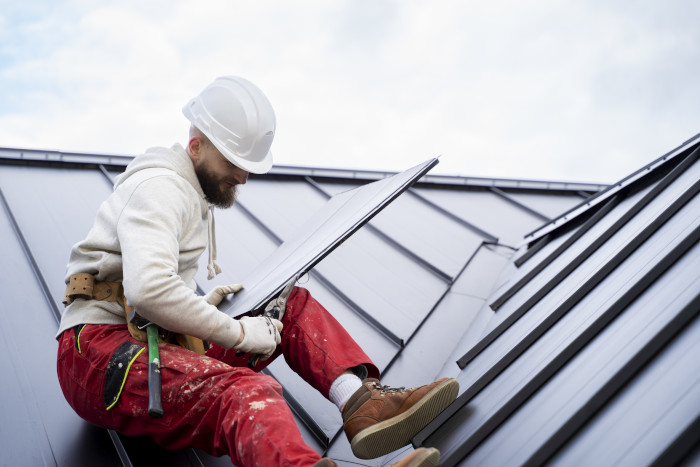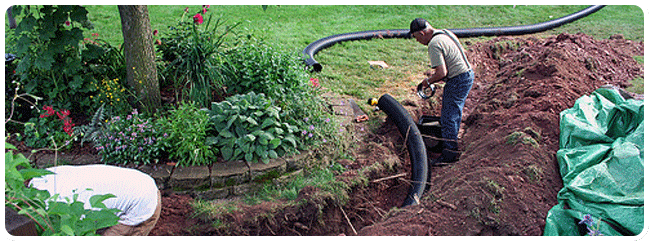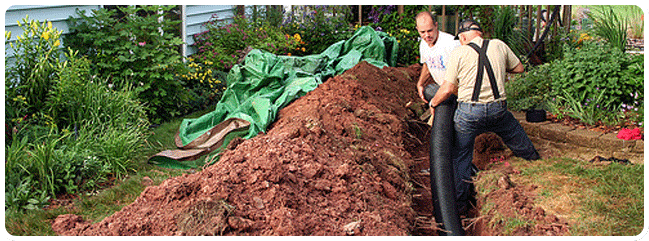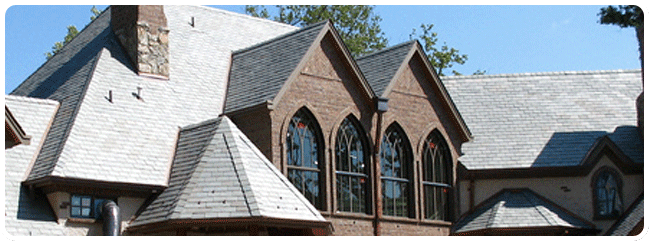Sealants provide an added layer of protection for your roof against the damage caused by varying weather conditions. Here are some of the most frequently asked questions we receive about them:

How does roof sealing work?
Roof sealants are added to your roof to extend its life expectancy. Sealing a roof provides an extra layer of protective coating that can help prolong damage from extreme climates and other hazards, including sun, rain and ice. The idea is to let the roof coating take a beating, instead of a roof’s tiles or shingles. Source: Modernize
How do solvent-based and water-based roof sealants differ?
Solvent-based sealants are highly resistant to the elements, but they’re more expensive and take more effort to apply because of their thick consistency and requirement of wearing a respirator. Water-based sealants are less resistant to the elements, degrading faster and requiring more frequent touch-ups. However, they’re more cost-effective and easier to apply. Source: ThisOldHouse
What is the recommended frequency for sealing a roof?
This depends on the design of your roof and any pre-existing issues. If you have water and puddles pooling up, no matter the roof type, apply a coat of sealant immediately. Beyond that, seal a flat roof every five years, though constant rain and snow hasten this time frame to three or four years. Add a few years for sloped roofs, waiting six to eight years between applications, as water does not pool up with these designs.
What are the common types?
Roof sealant is available in a wide variety of compounds to suit different environments and roof types. The most common compound is acrylic roof sealant, which is great at deflecting UV rays. Other primary ingredients include polyurethane, rubber, and silicone. Each type requires unique weather conditions for a successful application, so read the instructions for starting. Source: Angi
All in all, roof sealants are great at protecting the roof of your home from whatever mother nature can throw at it. They keep water and other damaging materials out of your attic, so mold, mildew and rot don’t have to be a concern. If you ever have any questions or concerns about how to protect your roof properly with sealants or if you’re unsure of what kind of sealant is best for you, don’t hesitate to call us as we’ll be more than happy to help!
Contact:
Kerrisdale Roofing & Drains
168 W 71st Ave, Vancouver, BC V5X 4S7
(604) 360-2114



















